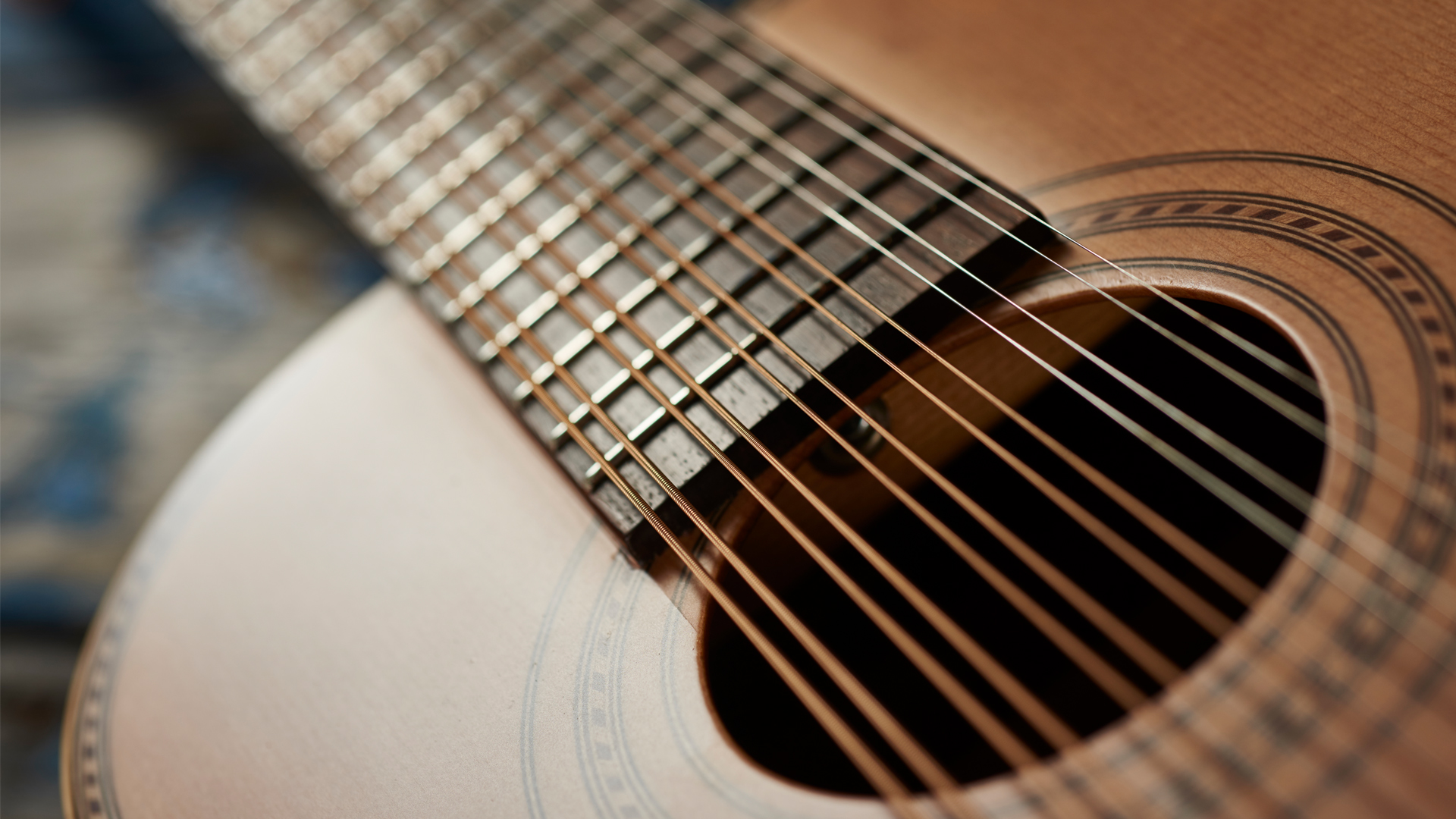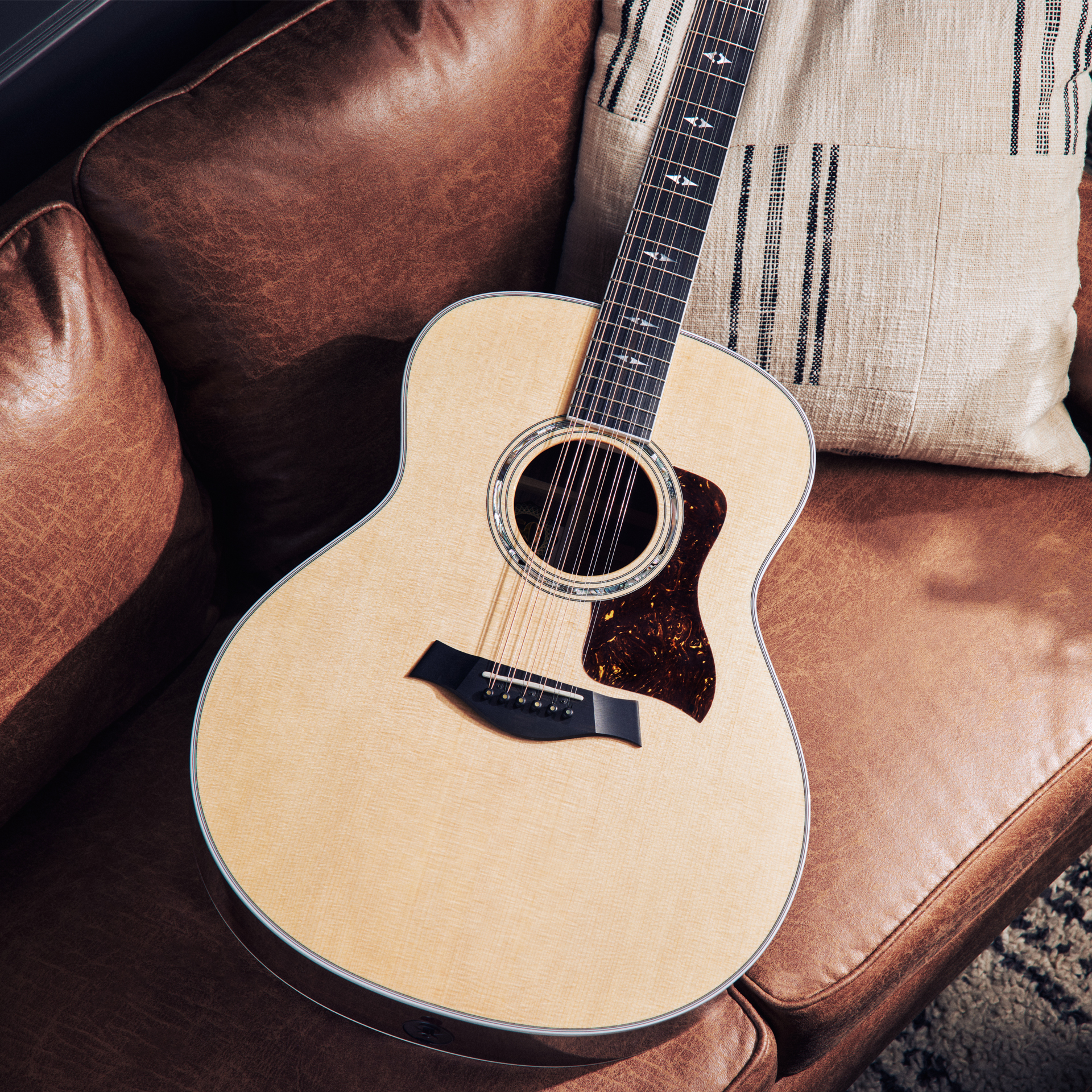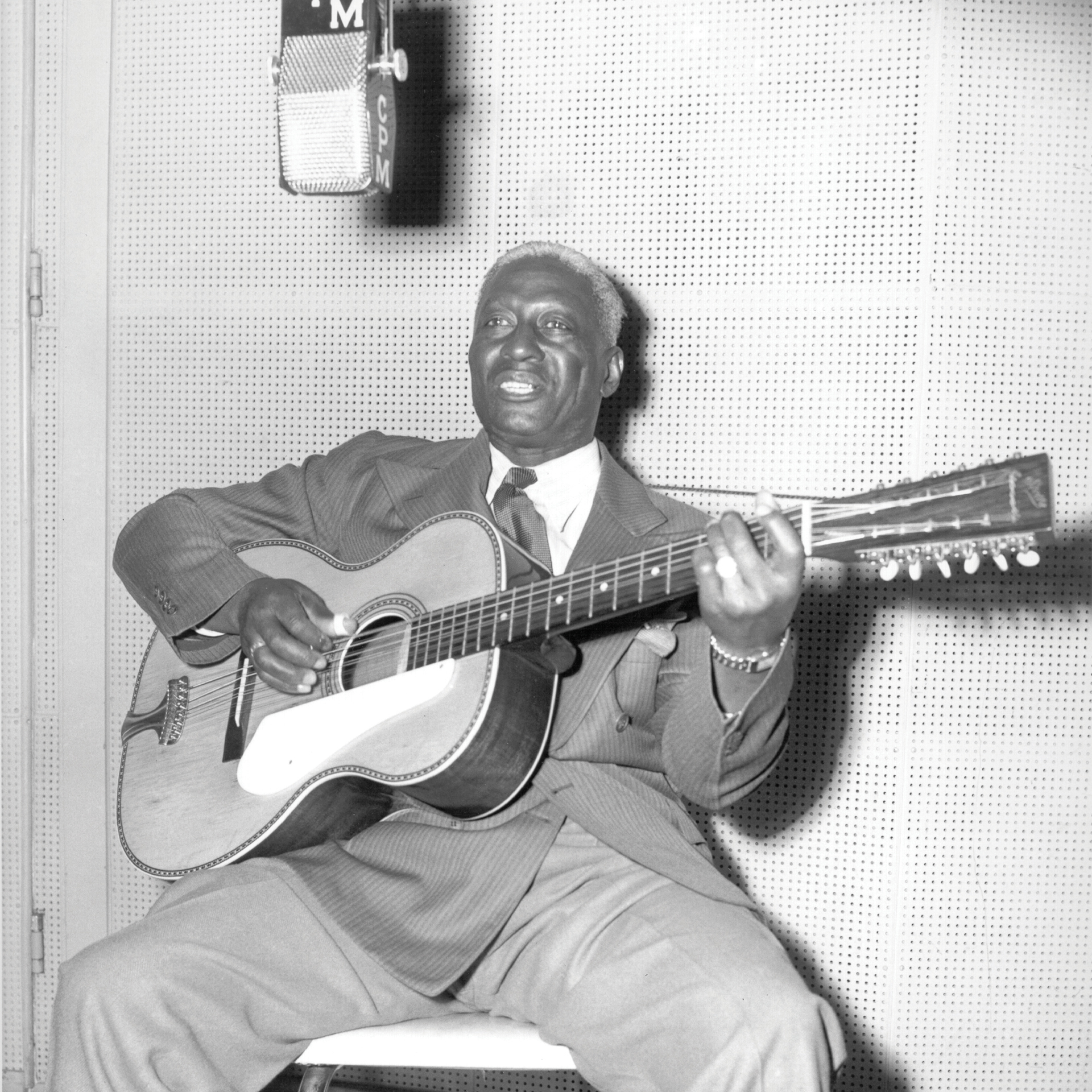"A 12-string acoustic sounds magical, but know what you're getting before you buy one." How to choose the 12-string acoustic that's right for you — plus a few interesting options on the standard format
From higher string tension to tuning issues, a 12-string is a different animal from your standard six-string

Every acoustic aficionado needs a 12-string. There’s a magic in coursed string pairs and a distinctive power that Pete Seeger described as “the clanging of the bells.” But it's important to know what you're getting before you buy one.
While reviewing the Taylor 858e LTD 50th Anniversary Grand Orchestra for Guitar Player, I pondered all things 12-string as I don’t currently have one in my collection. I hope these considerations help you as you size up your own 12-string situation.
BE AWARE AS YOU BROWSE
The cost of doing business with 12-strings is greater neck tension, and there are all sorts of ways to deal with that. On a recent visit to Real Guitars in San Francisco, shopkeeper Ben Levin told me sellers usually lower the tuning on 12-strings when putting them out for display. It keeps tension down and makes them easier to play. Keep that in mind if you bring a guitar home, tune it to standard pitch and wonder what happened to the action.
REMEDIES & RENOVATIONS
Twelve-string guitars also tend to have trouble staying in tune at any pitch, so avoid a guitar with wonky tuners, or upgrade to a high-ratio set from a trusted brand such as Gotoh, Waverly or Schaller. The same goes for the guitar’s bridge and saddle.
String breakage is another 12-string woe, as is the bridge pulling away from the top due to extra string tension, especially on vintage guitars. Make sure the bridge is secure and the saddle is in good shape. Heavier strings break less often but add stress. One solution is to detune them like early 12-string players Blind Willie McTell and Lead Belly, who would lower their tunings by as much as two-and-a-half steps.
All the latest guitar news, interviews, lessons, reviews, deals and more, direct to your inbox!
12-FRET RUMINATIONS
The number of frets to the body is also key to a 12-string’s performance. Many instruments of yore had 12 frets to the (typically jumbo) body, making them more manageable while decreasing tension. This also creates punchiness
in the middle range that makes notes sing and chords project. Unless you’re planning to play high up the neck, it’s worth checking out a 12-fret model.

INTERESTING OPTIONS
Taylor offers 12-fret 12-string acoustic guitars built on a small Grand Concert body, which is perfect if your primary interest is top-end sparkle. You’ll get that in spades on a very manageable and playable instrument. On the other end of the spectrum, Guild makes the BT-258E, an eight-string baritone jumbo with an extra-long scale length of 27 inches, which is designed to be tuned down to B standard. It has coursed pairs on the third and fourth strings, a configuration based on the concept that the chorusing action integral to the 12-string’s sound comes largely from the middle strings. The result is plenty of boom with just enough jangle.
For that matter, Roger McGuinn has an octave pair on just the third slot of his signature Martin HD-7 dreadnought. He demonstrated it to me at a NAMM show, proving that most of his signature Byrds licks get their chime there. If you desire full jangle focused on the middle range, Gibson’s J-45 Standard 12-string is a fine soft-shouldered dread with a slightly shorter scale.

If you’re looking for the complete 12-string experience, with copious chime and body on a full-scale instrument built for playing in a variety of tunings and neck positions, a 14-fret jumbo or dreadnought is your best bet. To play freely way up in 12th position, a jumbo cutaway like the classic Taylor Leo Kottke Signature does the trick. It’s discontinued but can be found used rather readily. A newfangled option is the Klos 12-String Grand Cutaway. It’s made of tension-resistant carbon fiber, which is not temperature or humidity sensitive, so it stays in tune better during severe climate changes.
Whichever take on the 12 one wields, it brings something special to the party. I hadn’t played one in many moons, and now that I have, it’s like rediscovering it. And what a magical instrument it is.
Jimmy Leslie is the former editor of Gig magazine and has more than 20 years of experience writing stories and coordinating GP Presents events for Guitar Player including the past decade acting as Frets acoustic editor. He’s worked with myriad guitar greats spanning generations and styles including Carlos Santana, Jack White, Samantha Fish, Leo Kottke, Tommy Emmanuel, Kaki King and Julian Lage. Jimmy has a side hustle serving as soundtrack sensei at the cruising lifestyle publication Latitudes and Attitudes. See Leslie’s many Guitar Player- and Frets-related videos on his YouTube channel, dig his Allman Brothers tribute at allmondbrothers.com, and check out his acoustic/electric modern classic rock artistry at at spirithustler.com. Visit the hub of his many adventures at jimmyleslie.com
